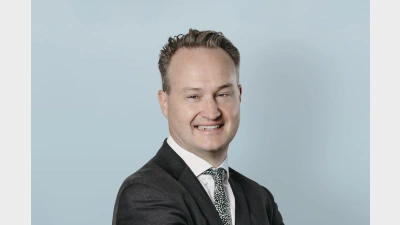MySuper's focus on costs will hurt returns: Chant West


The Government's MySuper reforms are a "big mistake", and will force trustee boards and chief investment officers to focus on costs rather than net returns, according to Chant West principal Warren Chant.
One of the Government's key claims about MySuper - that it will deliver a 30-year-old worker up to $40,000 extra in retirement - is "sheer nonsense", according to Chant.
The Government's claim is largely based on a Deloitte report into the superannuation sector that was delivered to the Cooper Review, said Chant. The report found that under the MySuper regime a $20 billion fund with 800,000 members (and thus an average balance of $25,000) could potentially offer a default option with an investment fee of 0.36 per cent and an administration fee of 0.3 per cent - for a total fee of 0.66 per cent.
However, a total fee of 0.66 per cent is unrealistic when you look at the current fees of the big industry funds, Chant said. He gave the example of the $43 billion industry fund AustralianSuper, which has an investment fee of 0.6 per cent for its default balanced option. In addition, he pointed out that the top 30 industry funds have an average investment fee of 0.75 per cent.
"How is AustralianSuper going to get from 60 basis points to 36, and how are the top 30 funds going to get from 75 basis points to 36? These are not-for-profit funds - there's no fat there, and they bargain really hard," he said.
He was also sceptical that the big funds would be able to achieve an administration fee of 0.3 per cent, as laid out by Deloitte.
"Generally, funds charge about $100 per member [for administration]. On a $25,000 account balance, that's 40 basis points. So how are they going to get down from 40 to 30?" he asked.
The only way the funds would be able to lower their costs to such a level would be to turn to indexing and stop investing in active managers and alternative strategies, he said. He pointed out that the significant outperformance of industry funds between 2003 and 2010 as compared to indexing was largely down to their use of alternative investments as part of a diversified portfolio.
"You don't want to kill the goose that lays the golden egg. You don't want to be putting pressure on these funds to get their costs down to ridiculous levels. The only way they can do it is to stop investing in active managers and alternatives," Chant said.
"We don't want to discourage funds from investing in things they think are good investments," he added.
Recommended for you
Economic growth was weaker than expected, once again highlighting an economy largely sustained by population growth and government spending.
In this latest edition, Anna Shelley, CIO at AMP, shares the fund’s approach to current market conditions and where it continues to uncover key opportunities.
The mega fund has announced a $2.2 billion investment in a leading data centre platform, bringing its global real assets portfolio to nearly $60 billion.
In this latest edition, Australian Retirement Trust’s head of global real assets Michael Weaver explains the fund’s approach to finding new opportunities as it surpasses $300 billion in funds under management.












